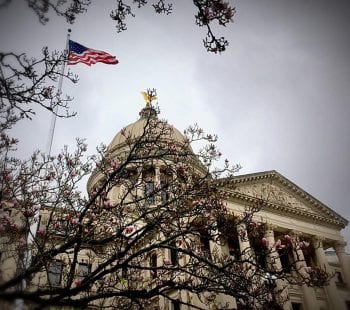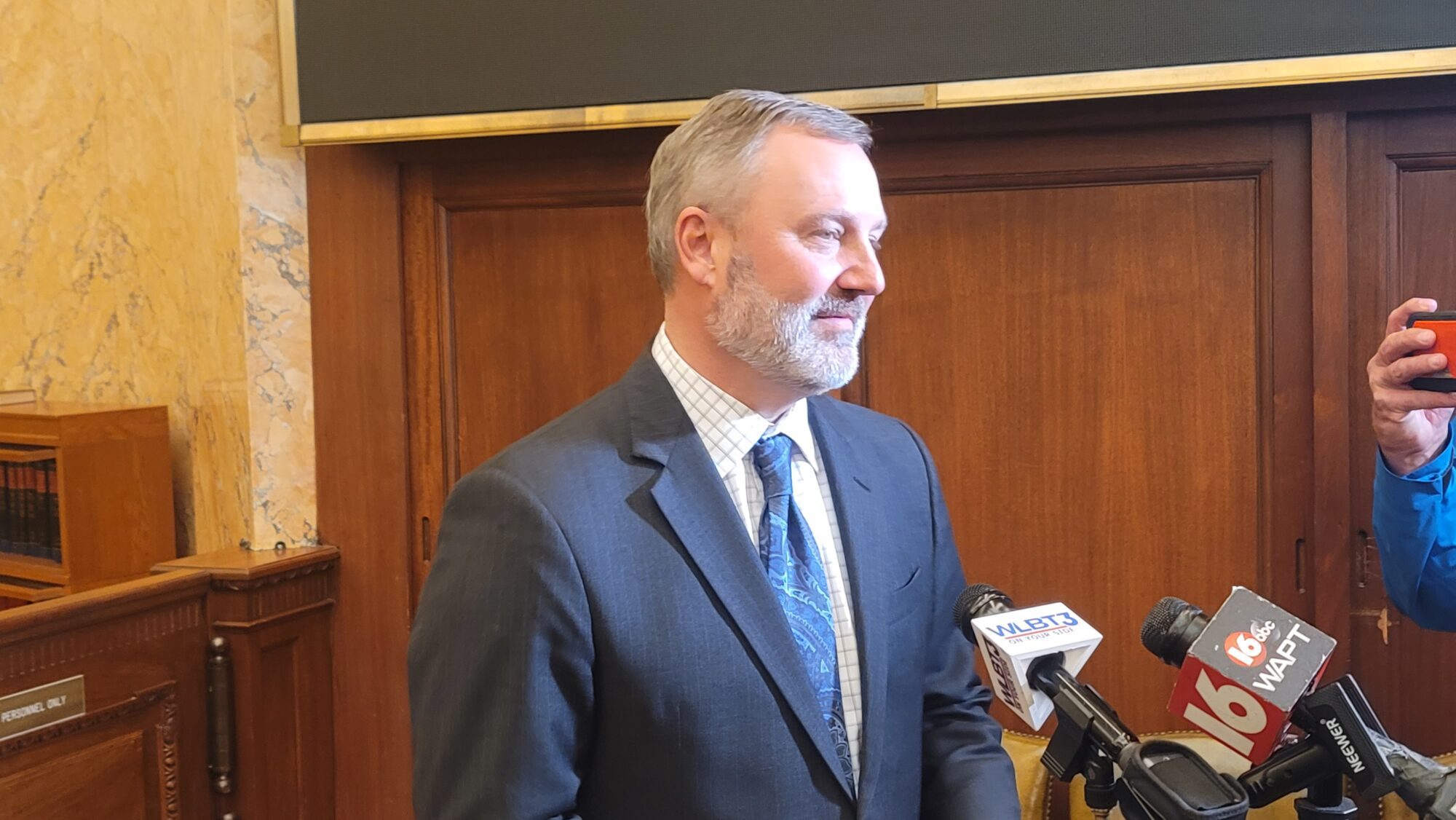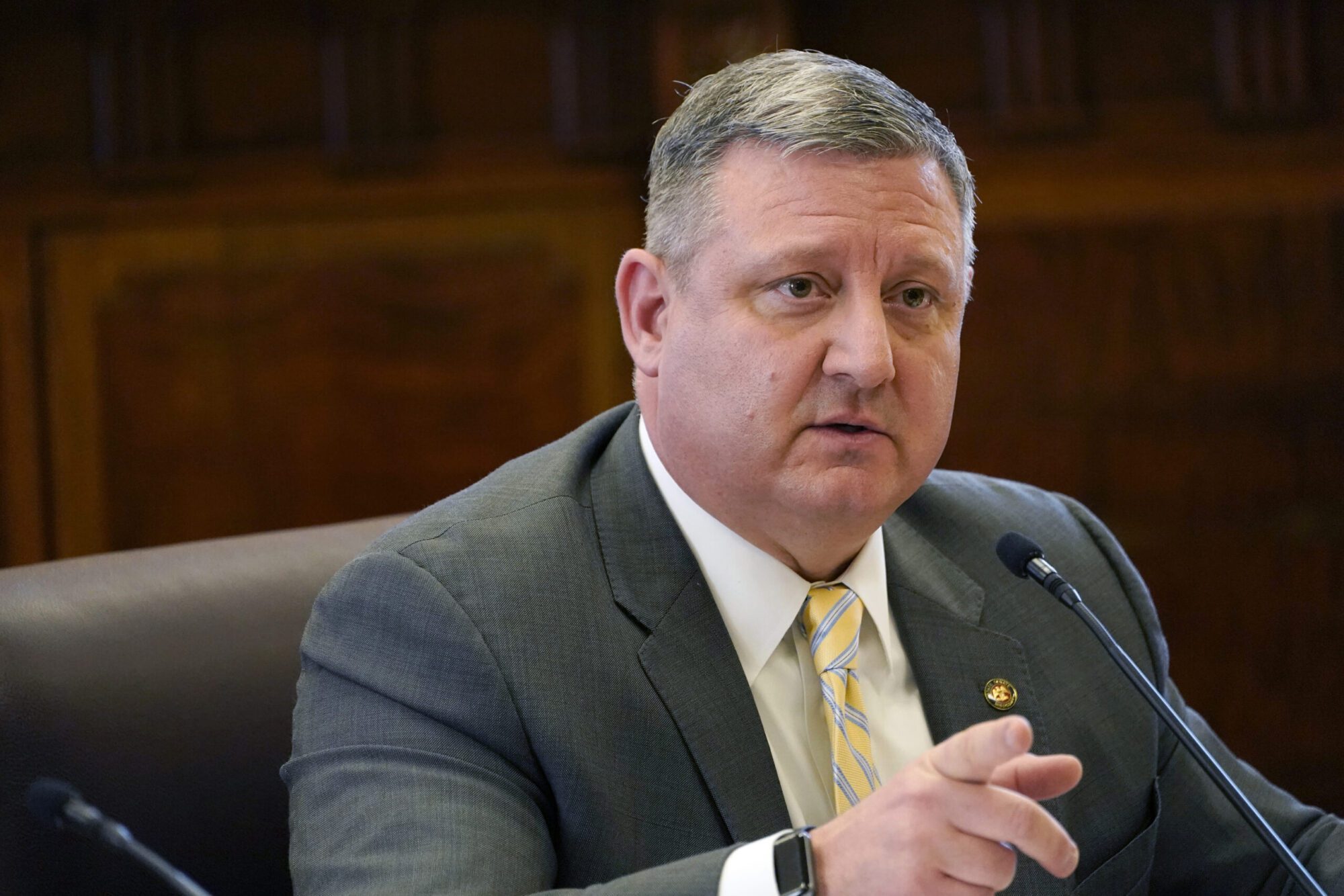
I have been surprised and disappointed to read reports that some in our legislative branch of state government are trying to disrupt and change how Mississippi has effectively responded to emergency situations for decades.
In any emergency, someone has to be in charge, and in our system of government, that is the governor. That is not to minimize the important role to be played by the state Legislature, mayors, supervisors and other elected officials. But the governor is ultimately accountable.
Recently, Congress passed and President Trump signed the CARES Act, which established a $150 billion Coronavirus Relief Fund, from which the state of Mississippi has received $1.25 billion.
The federal government has been very specific about how this money can and can’t be used. It can be used for expenses incurred between March 1, 2020, and Dec. 31, 2020, and it is designed to help us handle the costs associated with the coronavirus public health emergency.
The money can’t be used for revenue losses or to replace already budgeted items in our state budget. Our state will be accountable to the U.S. Treasury Department and Congress for how we spend these funds.
State law has been very clear for decades about how to handle this type of situation. Under state statute 33-15-27, the governor is authorized to accept such funds for the purpose of emergency management. Under state statute 27-104-21, the governor, through the Department of Finance and Administration, has the authority to spend the funds. No action of the state Legislature is expected or required.
This is how it has worked for decades in our state, and for good reason.
After a tornado, a hurricane, a flood — and as we are learning now, after a pandemic — it is customary for the state to receive federal dollars to assist with managing the emergency. In some cases, like it was after Hurricane Katrina, the sums received are in addition to what we would receive through FEMA and the federal Stafford Act.
Regardless, it would be cumbersome, and thus delay and harm our state’s response if in each case the Legislature had to authorize the expenditure of such funds, or if they were to insist on deciding how the funds were to be spent.
After Hurricane Katrina, the federal government provided Mississippi enormous sums to aid in our recovery and rebuilding. The speaker of the House was Billy McCoy, a Democrat who often disagreed with my agenda. But he and I worked together on many aspects of our state’s response to Hurricane Katrina and as he said to newspaper columnist Bill Minor in 2006, “Nobody in the Legislature expected we would take over appropriating the money.”
I am encouraged by how Gov. Tate Reeves has approached this issue and our state’s response to both the pandemic and the resulting economic emergency.
As is appropriate, he is consulting with the Legislature, local elected officials, and the private sector. His plan recognizes the importance of helping our workers and small businesses that have had to shut down because of the decisions made by the government.
Gov. Reeves is appropriately focused on improving accessibility to the internet for our students and teachers. This will be especially important if we have to resume distance learning this fall in the event of a second coronavirus wave.
I expect the governor’s plan will also help local governments with their expenses and our public health community as it continues to fight against COVID-19.
It is my hope that the Legislature and their leadership will set aside political differences and continue to work with Gov. Reeves in both our response and our recovery.
The state Legislature will have a vital role to play in many aspects of what will be a long-term effort. However, they should not attempt to micro-manage how the governor uses federal resources to respond to an emergency.
###
Submitted by Haley Barbour, former Governor of Mississippi.









